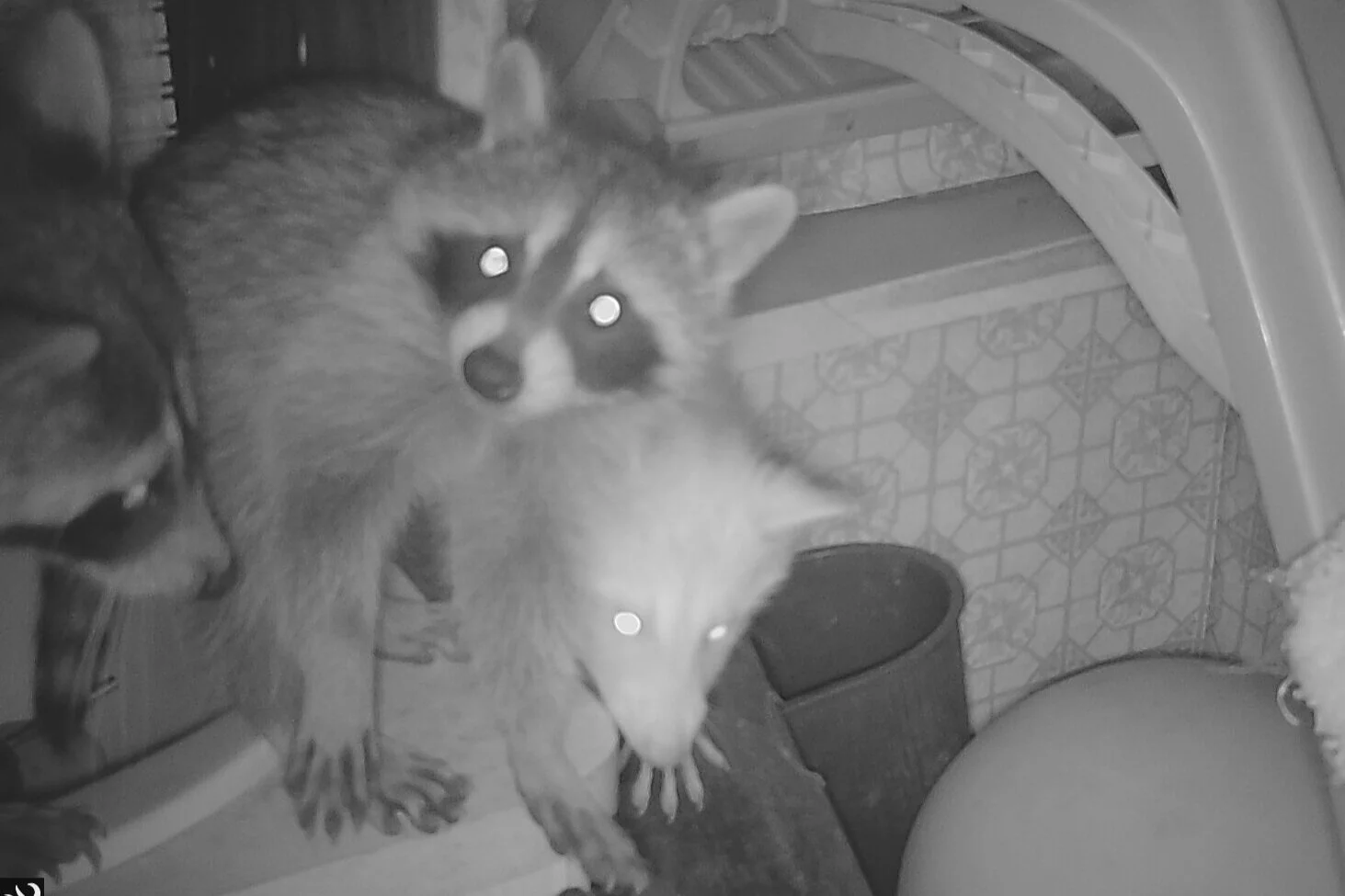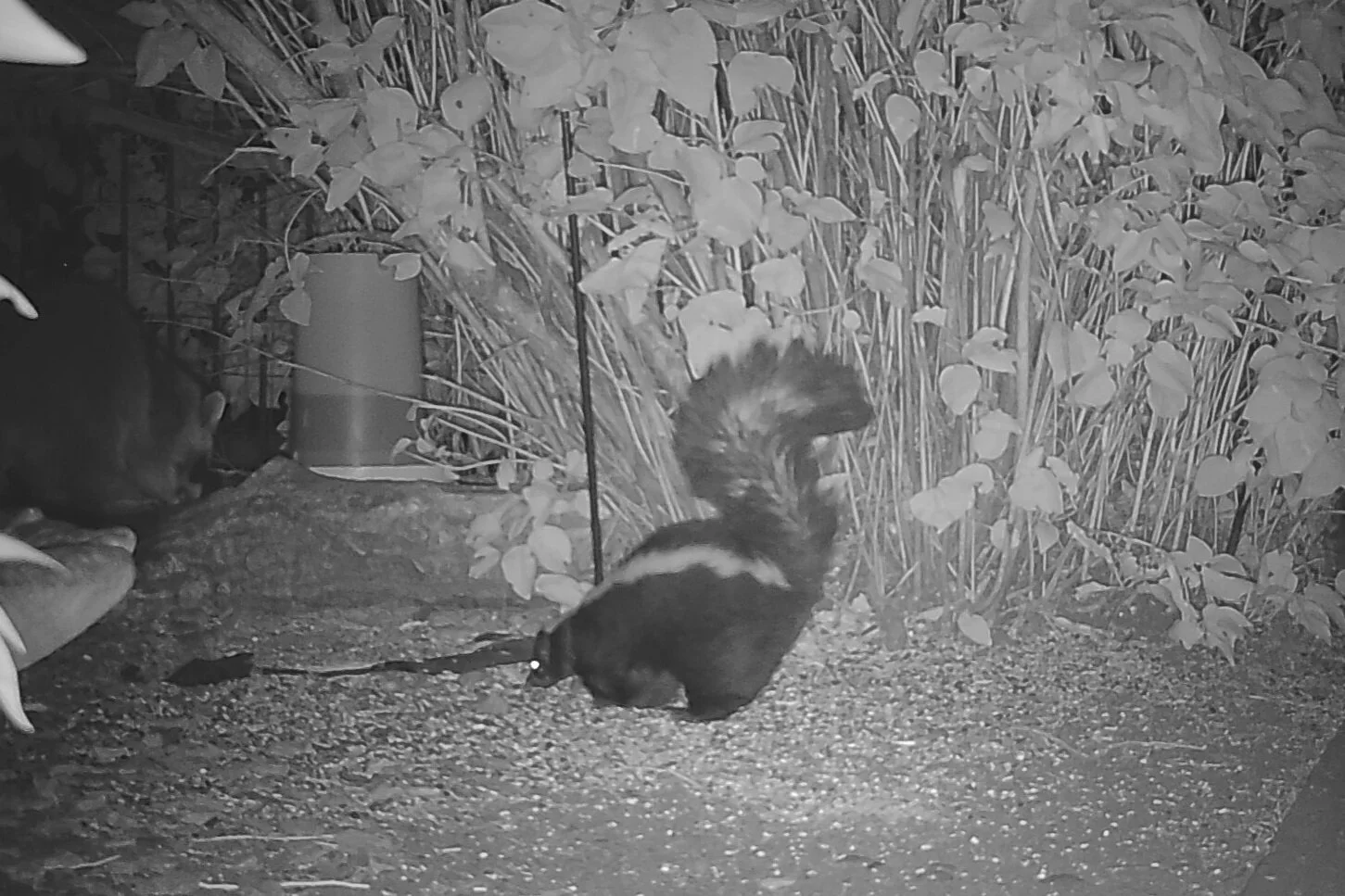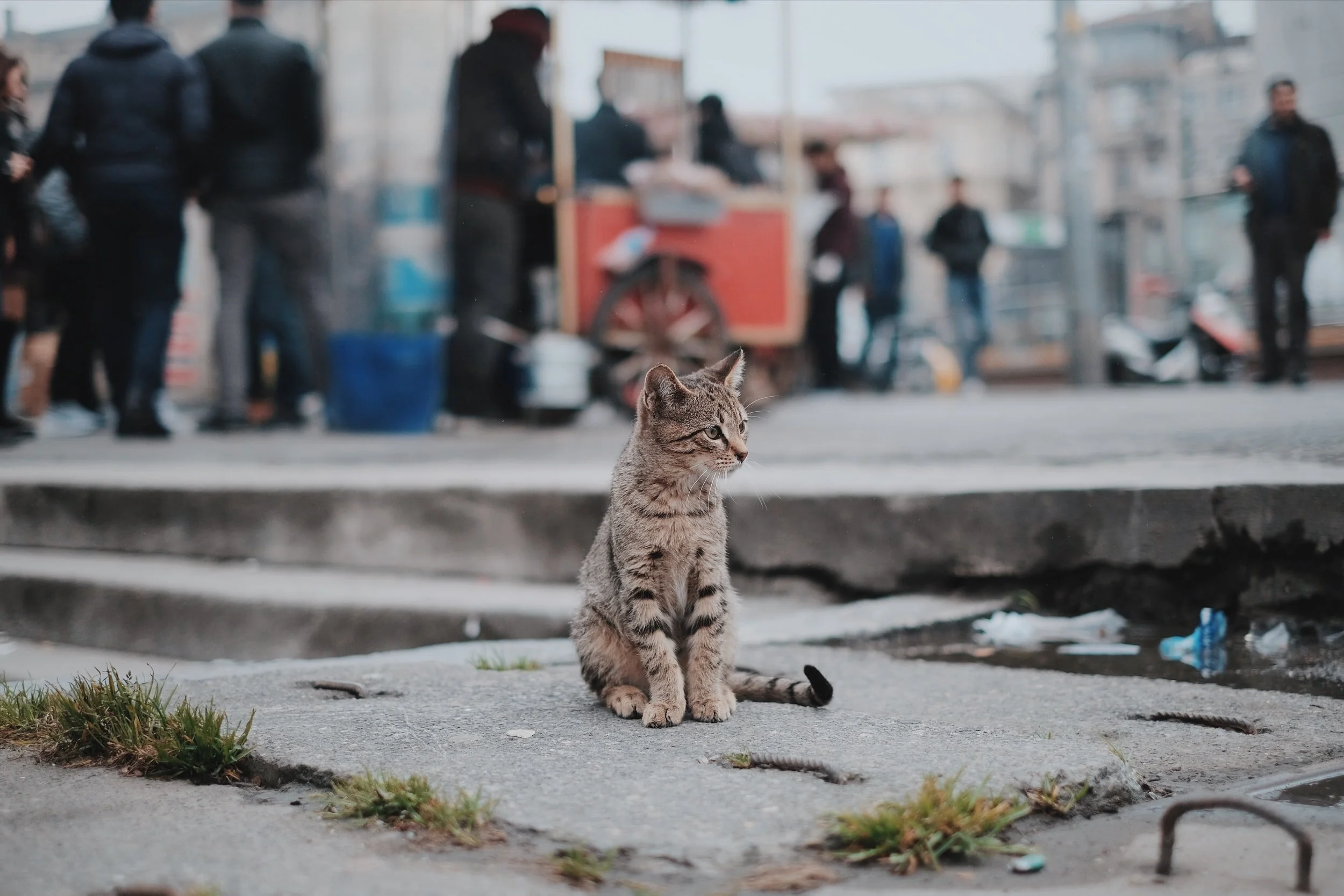Urban wildlife research
The University of British Columbia Urban Wildlife Project (UBC UWP) is a long-term urban ecology project advancing our understanding of meso-predators like raccoons, skunks, and coyotes.


The University of British Columbia Urban Wildlife Project (UBC UWP) is a long-term urban ecology project advancing our understanding of meso-predators like raccoons, skunks, and coyotes.
Our research helps generate knowledge that has measurable benefits for wildlife and people. We make our findings accessible by providing educational resources on this site and through our public engagement and outreach events.
Research on urban wildlife can help connect people in diverse and underserved communities to scientific research and nature. We feel a great responsibility to speak to and involve as many people as we can in our research.
Quantify the harshness and complexity of urban environments for wildlife to understand how different neighborhoods within the same city can pose very different challenges for urban wildlife.
Assess the cognitive abilities of wild animals in urban spaces to determine how they use novel resources and how cognition may be enabling wildlife to live in urban environments.
Understand how wildlife use urban spaces and how living in urban environments is altering their behavior, ecology, and health.
Reduce human-wildlife conflict by determining which animals are most likely to be involved in conflict and creating targeted, evidence-based conflict-mitigation strategies.

The data we collect helps us understand the behavior, cognition, and ecology of urban wildlife species and encourages coexistence.

Raccoons
Procyon lotor
Raccoons are found in almost every city in North America, but we know surprisingly little about their behavior and cognition. We are studying how raccoons learn and which types of problems they can solve. This knowledge will help us live alongside raccoons more peacefully.

Coyotes
Canis latrans
Coyotes are highly adaptable and successfully live alongside humans in urban areas throughout North America. We study behavioral flexibility in captive coyotes and compare their behavior and problem-solving skills to raccoons and skunks. We are learning how different species adapt to cities in different ways.

Striped skunks
Mephitis mephitis
Skunks are very good at living in cities, despite having a smaller brain (relative to their body size) than raccoons and coyotes. We study skunks to learn if they can solve the same problems as other urban carnivores and to understand how they have adapted to life in the city.

Spotted hyenas
Crocuta crocuta
Spotted hyenas live in primate-like societies with strict dominance hierarchies. They also live in a wide-range of habitats throughout sub-Saharan Africa. We study spotted hyenas to better understand the evolution of intelligence, innovative problem solving, and social learning.

Asian elephants
Elephas maximus
Asian elephants live alongside humans in many rural parts of Southeast Asia and the Indian subcontinent. We are studying the connections between personality and problem-solving skills in captive Asian elephants. Ultimately, we hope to help predict which elephants may enter into conflict with humans.

Feral cats
Felis catus
Feral cats are a dominant species in most cities throughout the world. We are using trail cameras to record observations of feral cats to better understand how they interact with other urban wildlife species. This work will help us understand how information and diseases may be spreading through urban wildlife populations.